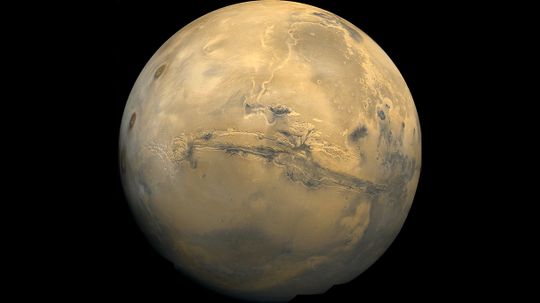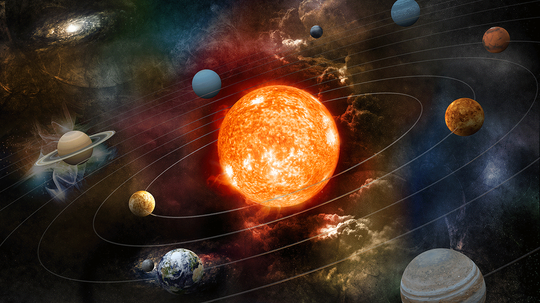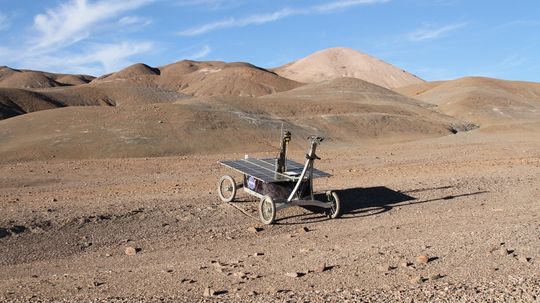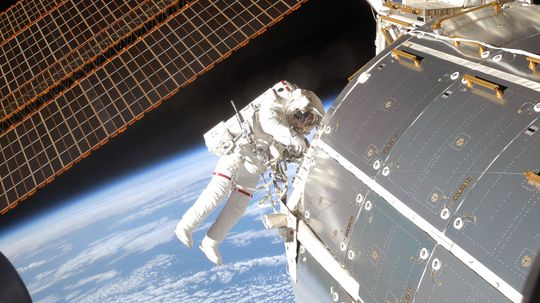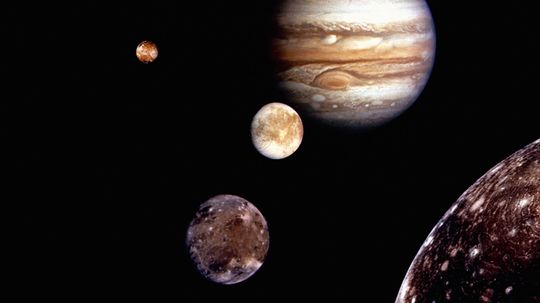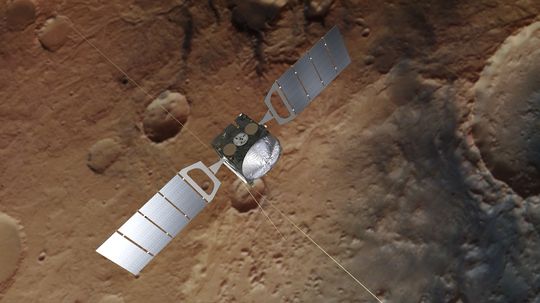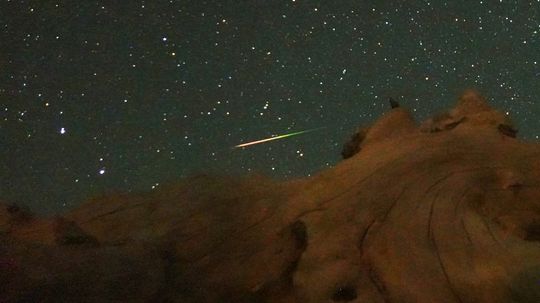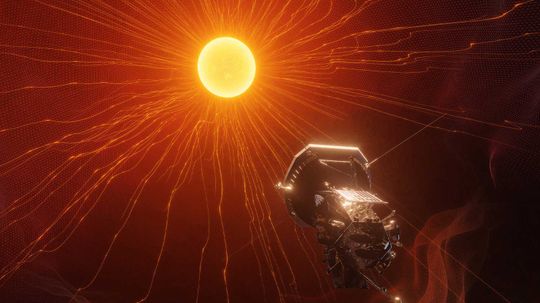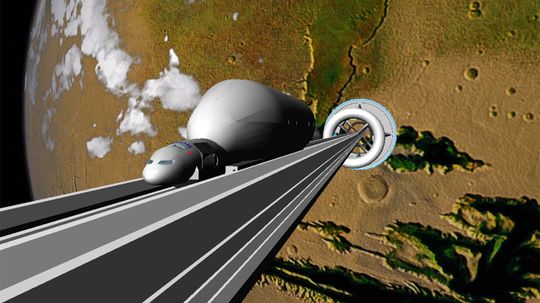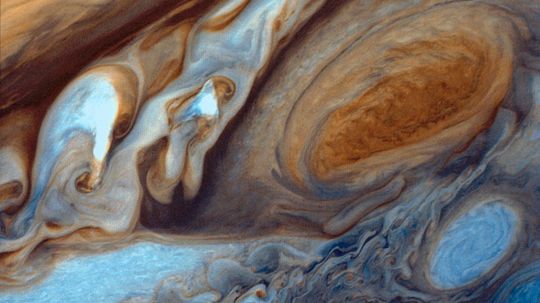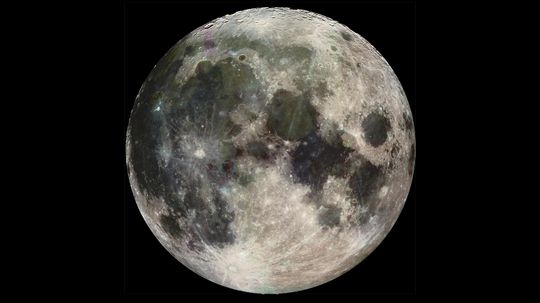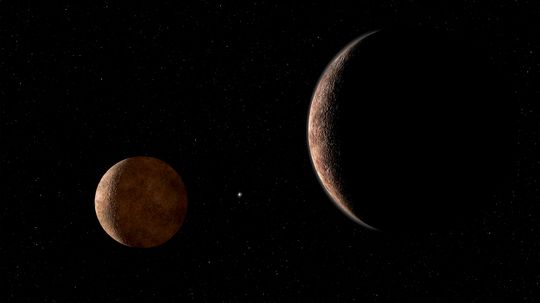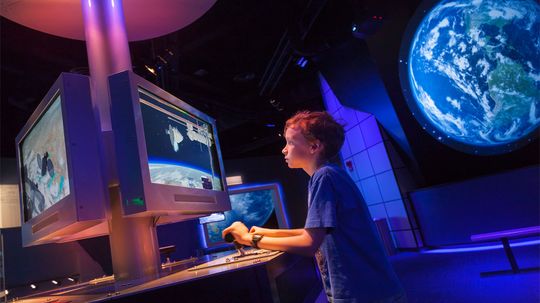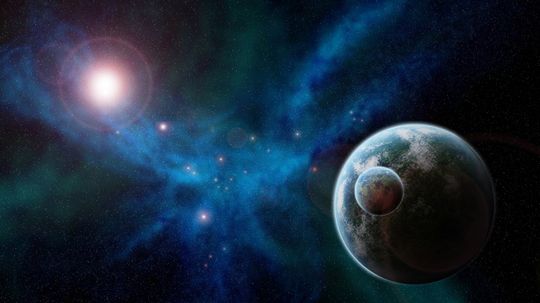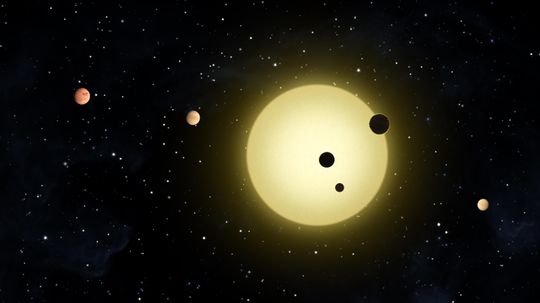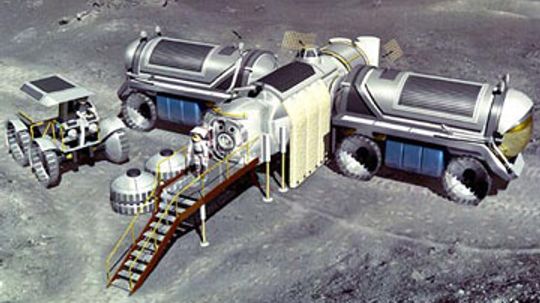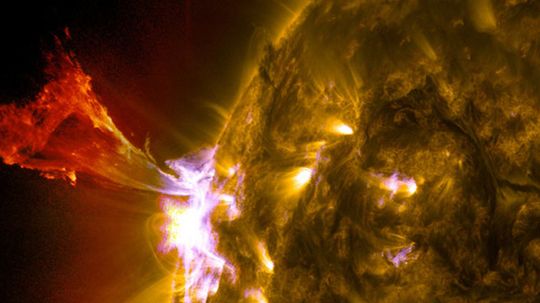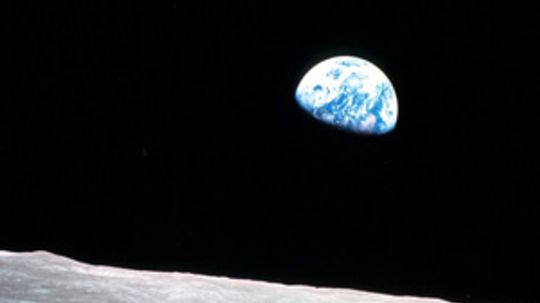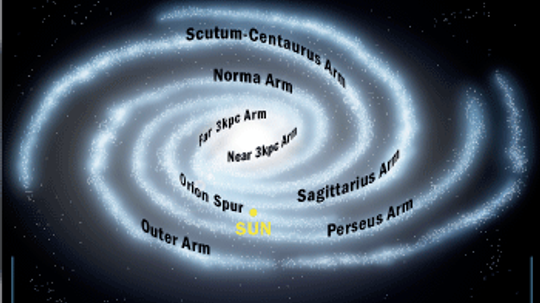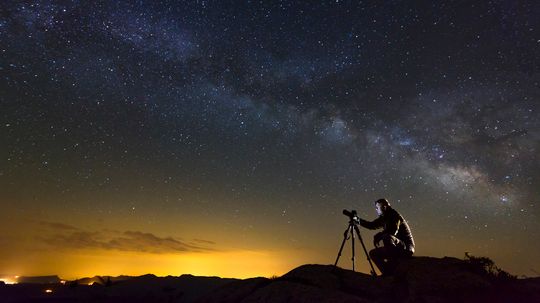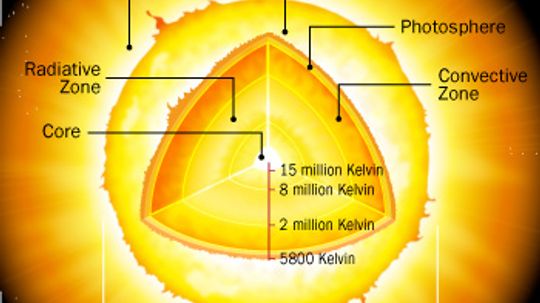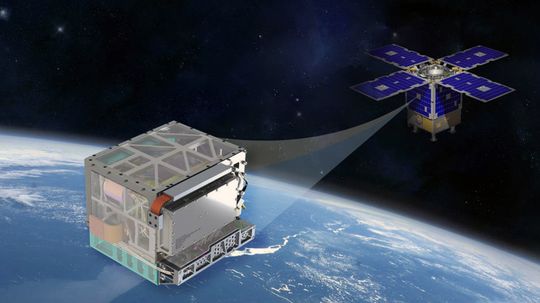Space
Explore the vast reaches of space and mankind's continuing efforts to conquer the stars, including theories such as the Big Bang, the International Space Station, plus what the future holds for space travel and exploration.
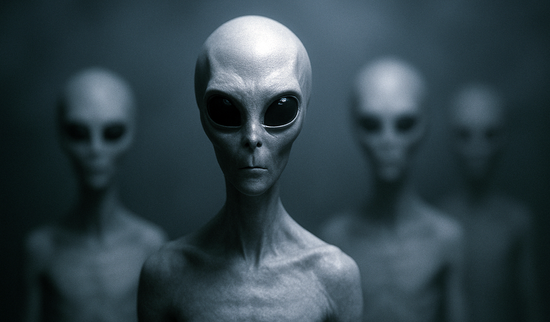
Tall Whites: The Classic Extraterrestrial Archetype

The Zoo Hypothesis: Are Aliens Watching Us Like Animals in a Zoo?

Communicating With Aliens Is Hard. Communicating With Alien AI Could Be Harder
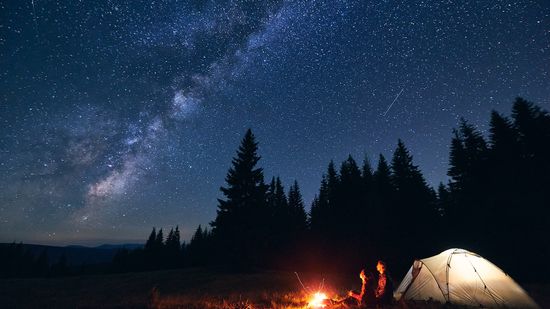
10 Types of Stars Blazing and Collapsing in Our Universe
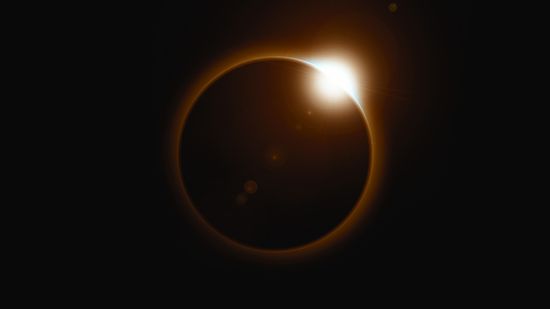
7 Types of Eclipses: Lunar, Solar and ... Hybrid?

Why a Geomagnetic Storm Makes for Pretty Skies and Tech Scares
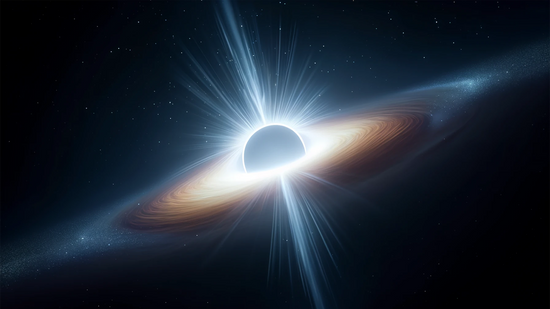
What Is a White Hole? Does the Cosmic Phenomenon Exist?
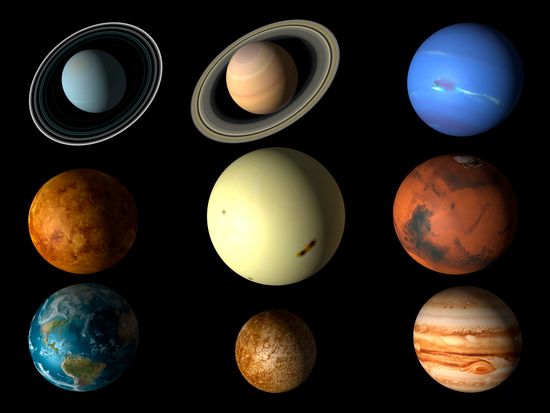
10 Best Ideas for Interplanetary Communication
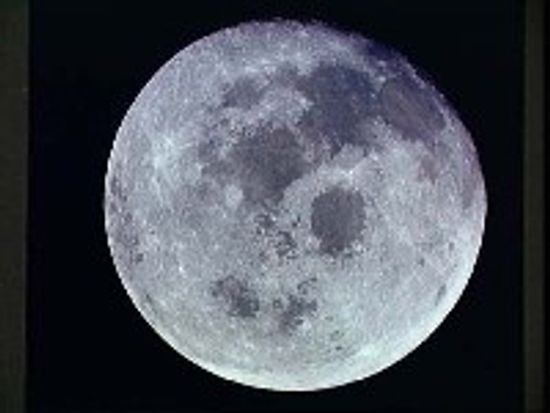
How can the moon generate electricity?
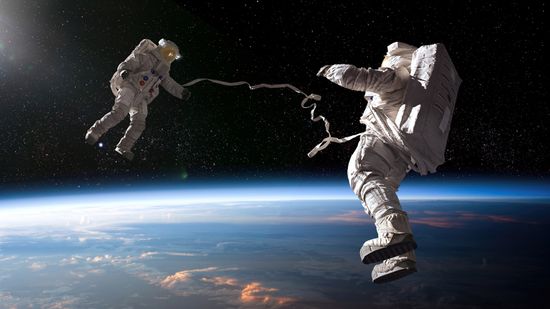
Is an Astronaut Stuck in Space a Rare Occurrence?

What Really Happened to Yuri Gagarin, the First Man in Space?
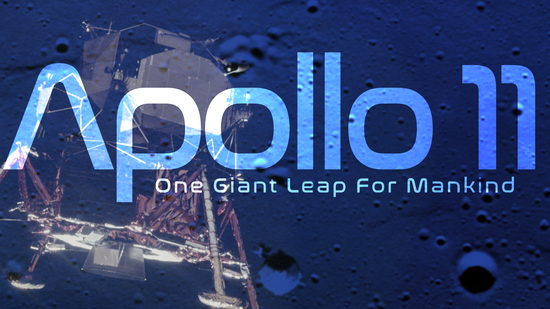
Apollo 11 One Giant Leap For Mankind
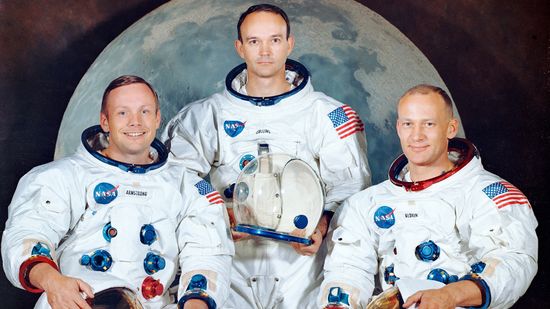
15 Famous Astronauts Who Expanded Our Universe
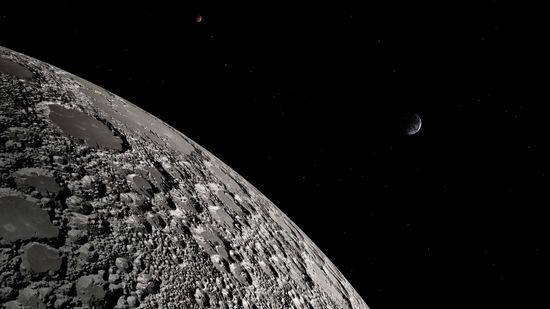
2023 India Moon Landing Was World's First at Lunar South Pole
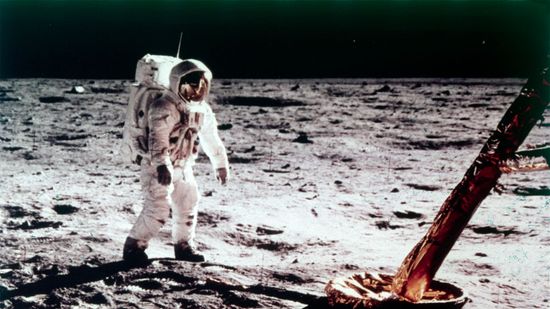
Quiz: Apollo 11, the First Moon Landing

The Fastest Fictional Spaceships

10 Fictional Spacecraft We Wish Were Real
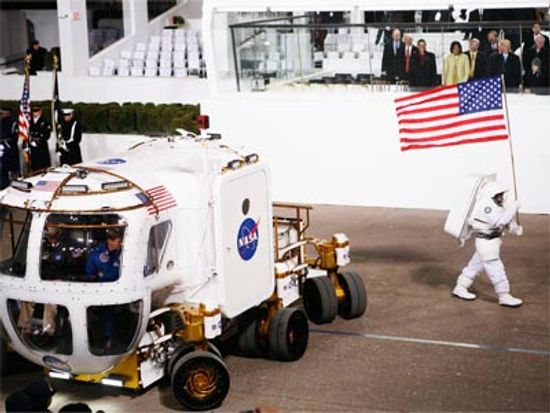
How Lunar Rovers Work
Learn More / Page 13
Some scientists think the existence of plate tectonics could be a prerequisite for life. So do they exist on other planets outside of Earth?
By Mark Mancini
Once upon a time, the sun caught an interstellar orphan and adopted it as its own. It's named 2015 BZ 509.
To define the location of objects in the sky, astronomers utilize a system of celestial coordinates, which extends latitude and longitude from Earth's surface into space.
Advertisement
Rovers are getting some practice hunting for microbes here on Earth before they head to Mars in 2020.
We know space is awash in ultraviolet radiation. So how are astronauts protected from all those UV rays?
By Mark Mancini
Scientists are continually discovering more moons orbiting the outer planets, particularly Saturn and Jupiter. Just how many moons does Jupiter have?
Advertisement
It's a celestial gift in the middle of August. Just look up for a spectacular sight.
Since it launched Aug. 12, 2018, NASA's Parker Solar Probe has made 11 of the 24 planned approaches with the sun, analyzing the massive star's solar wind and magnetic fields. But just how close will it get to our solar system's massive star?
By Mark Mancini
Visionaries have proposed various ways to get into space without using large rockets for propulsion, such as building a space elevator or harnessing magnetic levitation.
Jupiter has been notoriously bad about revealing any water deep in its thick atmosphere. That's changing though.
Advertisement
This stellar noodle is the strongest material in the cosmos!
Back in 2006, the International Astronomical Union decided to demote Pluto to the status of a dwarf planet. A historical study challenges that designation.
Yes, we have some amazing inventions thanks to space exploration, and we're curious about life on other planets. But the cosmos also touches a deeper part of our psyches. Here are 10 reasons space exploration matters to you.
Advertisement
Our knowledge of space changes all the time as new discoveries are made. But some ideas about the universe have never really held water - including the one that everything is made of frozen H2O.
It's not uncommon for planets to wander alone through the universe like big, sullen teenagers. But how do they end up flying solo, and could they still harbor life?
It's not just NASA pros staring into the night sky. Lots of skilled amateurs are out there pointing their telescopes into the great beyond. But can the average space enthusiast actually make a critical discovery?
Whether we head there to mine some helium-3 or take the first steps in expanding humanity's reach into the solar system, we want to go to the moon -- permanently. When's that going to happen?
By Robert Lamb
Advertisement
The occasional sunspot can interrupt communications here on Earth. But major solar flares have the potential to cause more havoc. Could a flare-up wipe out all our electronics?
Scientists have discovered the existence of water on both our moon and on Mars. Both findings are significant, but what do they mean? Can we use this information to our advantage for space exploration?
By Josh Briggs
It's your home, and a colossally sized one at that. How much do you know about your galactic digs and their residence amid the yawning universe?
By Robert Lamb
How are stars formed? In this article we'll explain stars and learn how stars are formed.
Advertisement
Stars are enormous celestial bodies hot enough to register millions of degrees. They're fascinating scientific phenomena, but is it actually possible for scientists to create them?
Will this groundbreaking clock revolutionize space travel? NASA is banking on it.
By Mark Mancini
